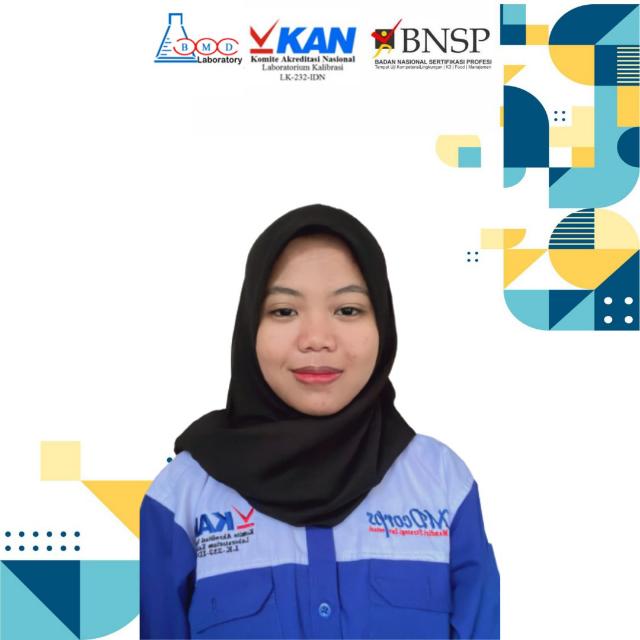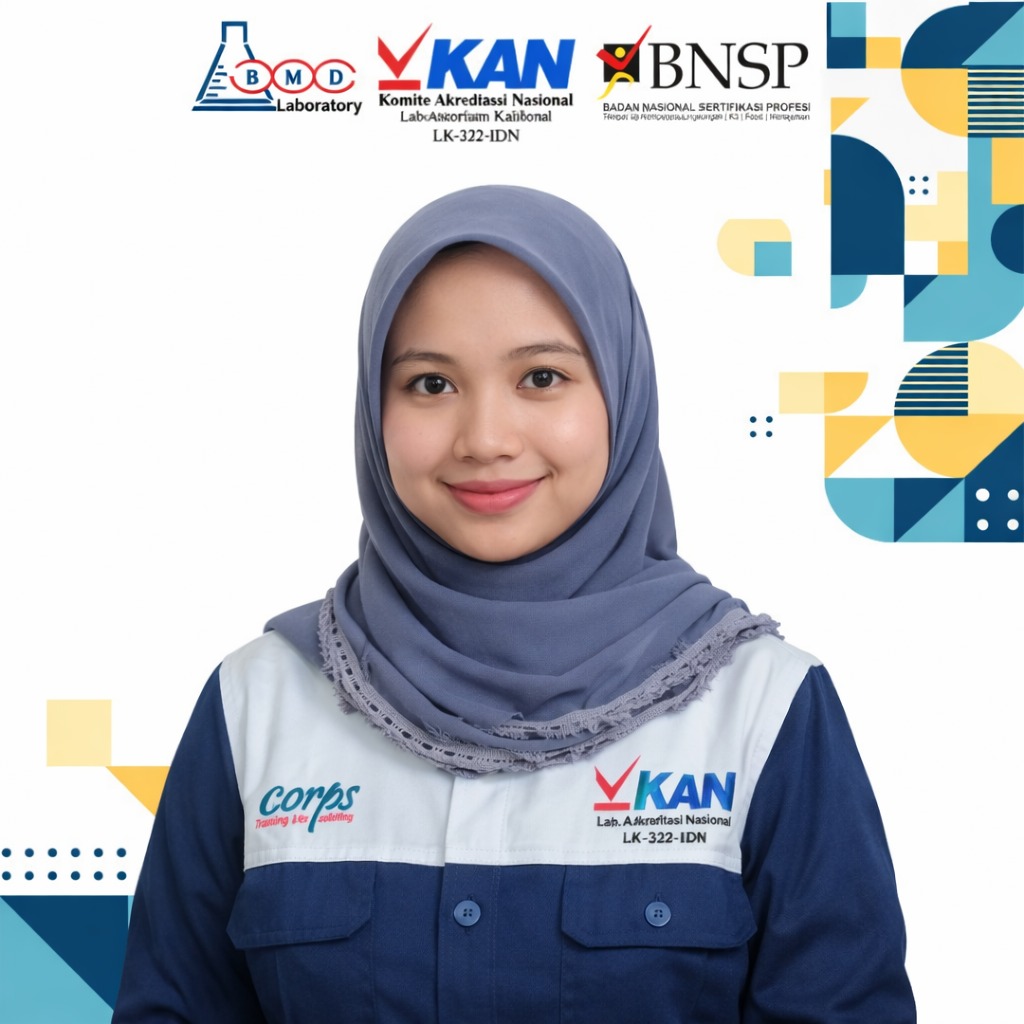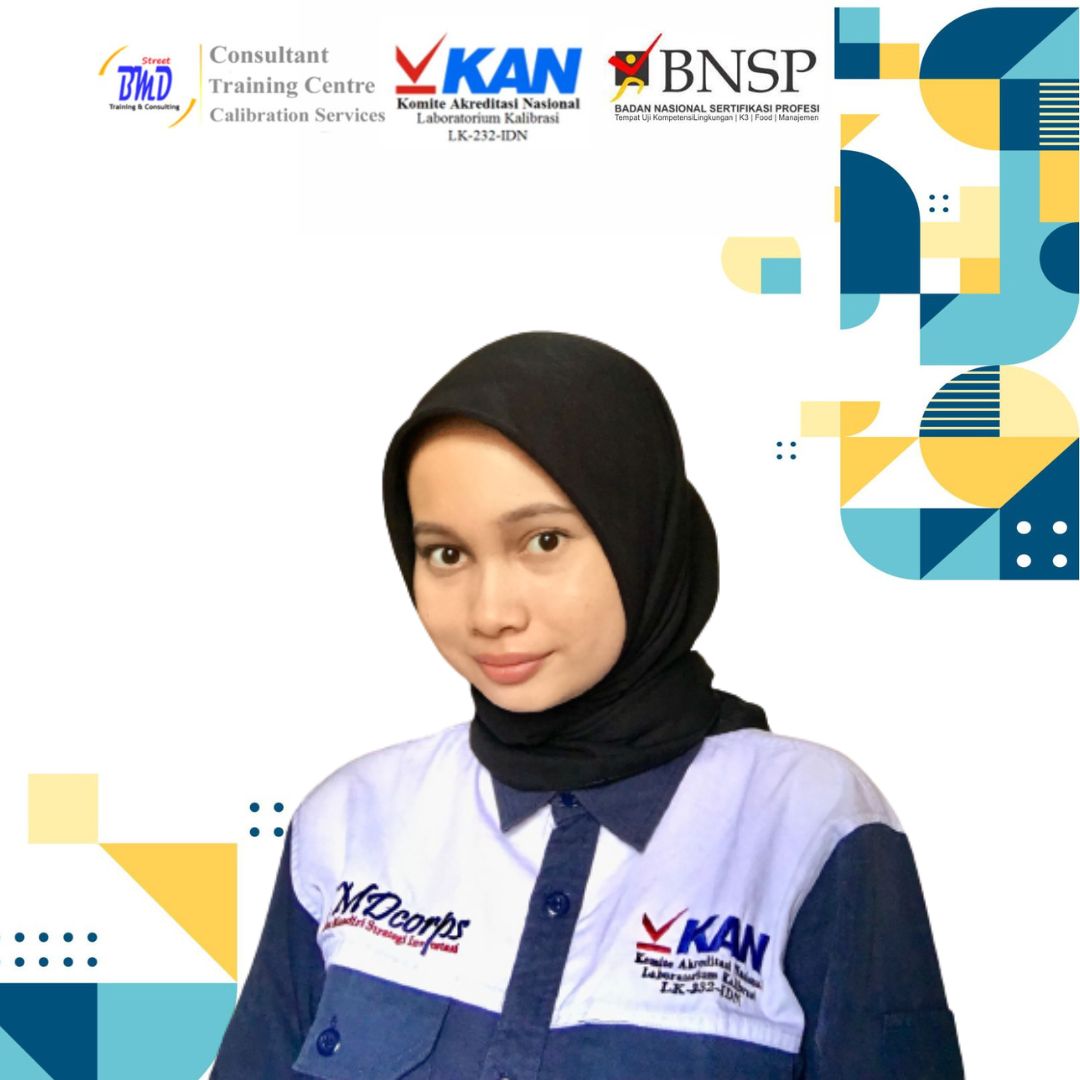INTRODUCTION
Hydrocarbon systems found in petroleum reservoirs are known to display multi-phase behavior over wide ranges of pressure and temperatures. The most important phases which is occur in petroleum reservoirs are: liquid phase (crude oil or condensates) and gas phase (natural gases). This course will explain the fundamentals of hydrocarbon phase behavior and practical application in reservoir and production engineering. Firstly it will reviews the principles of phase behavior and ilustrate the use of phase diagram in describing the volumetric behavior of single-component, two-component, and multi-component system.
Also it will present numerous mathematical and graphical correlation for estimating physical and critical properties of the undefined petroleum fraction, evaluation of properties of natural gases and introduces their application in Darcy’s equation and material balance equation. A complete and cohesive independent unit on methods of determining the crude oil physical properties , presents the concept and application of vapor-liquid phase equilibria, developments and advanced in the field of empirical cubic equation of state and application in petroleum engineering. Details sceheme of splitting and lumping of petroleum-fraction.
Properly understanding the reservoir fluid properties is very significant and are very importance steps during the entire life of the oil and reservoir developments and operations. This five-day training will provide a comprehensive knowledge and understanding of reservoir fluid properties and application to reservoir and production engineering to keep exellent reservoir and production performance as long as possible.
OBJECTIVES
- Refresh the knowledge of the participants on reservoir fluid properties.
- Understand the basic principles of hydrocarbon phase behavior and it’s application in petroleum engineering.
- Learn the numerous mathematical and graphical correlation for estimating physical and critical properties of the undefined petroleum fraction
- Enhance the knowledge on hydrocarbon phase behavior , freservoir fluid properties and application.
- Gain additional knowledge on reasent technology in reservoir fluid properties calculation and correlation.
- Knowledge sharing among the participants and instructors
FEATURING THE FOLLOWING SUBEJCTS
Basic Phase Behavior
- Single Component Systems
- Two Component Systems
- Multy Component Systems
- Classification of Reservoir and Reservoir Fluids
Pure Component Physical Properties and Characterizing Undefined Petroleum Fraction
- General Correlation for Estimating Physical Properties of Hydrocarbon Fraction
- Critical Compressibility Factors
- Characterizing Hydrocarbon Heavy Fractions
- Determining of Physical Properties of Heavy Petroleum Fraction from Correlation
Properties of Natural Gases
- Behavior of Ideal Gases
- Ideal Gas Mixtures
- Properties of Ideal Gas Mixtures
- Behavior of Real Gases
- Effect of Non Hydrocarbon Components on the Z-Factor
- Correction for Non Hydrocarbons
- Correction for High-Molecular-Weight Gases
- Direct Calculation of Compressibilty Factors
- Compressibility of Natural Gases
- Gas Formation Volume Factor
- Gas Viscosity
- Engineering Application of natural gases PVT Properties
Phase Behavior of Crude Oils
- Crude Oil Density and Specific Gravity
- Methods for Determining Density of Crude Oils as Unknown Composition
- Methods for Determining Density of Liquids as Unknown Composition
- Isothermal Compressibility Coefficient of Undersaturated Crude Oils
- Density of Undersarurated Crude Oils
- Gas Solubility
- Oil Formation Factor of Undersaturated Crude Oils
- Total Formation Volume Factor
- Total System Isothermal Compressibility Coefficient
- Crude Oil Viscosity
- Bubble Point and Surface Tension
- Application of the Crude Oil PVT P
- The Material Balance Equation for Oil Reservoirs
Vapor-Liquid Phase Equilibria
- Equilibrium Ratio
- Flash Calculation
- Application of Equilibrium Ratio in Petroleum Engineering
Equation of State
- The General ized Form of Equation of State
- Application of Equation of State for Petroleum Engineering
- Three-Phase Equilibrium Calculation
Splitting Lumping Schemes of Petroleum Fraction
- Splitting Schemes
- Lumping Schemes
- Simulation of Laboratory PVT Data by Equation of State
Physical Properties of Crude Oil Determination
- Density
- Viscosity
- Surface Tension
- Flash Point
- Pour Point
- Sulphur Contents
- Basic Sediment and Water
DURATION
3 Day
FASILITY
Normal Class
- Quality training material (hardcopy and softcopy), Quality training kits: bag, block note, ballpoint, including jacket or T-shirt, etc, Convenient training facilities in four or five stars hotel, Lunch per day, morning and afternoon coffee / tea breaks for along the training, Certificate & Photo.
Online Class
- Softcopy Modul dan Sertifikat
INFORMATION & PROMO
Call : 021 756 3091
Fax : 021 756 3291
CONTACT PERSON
0813 8280 7230, 0812 8931 1641, 0821 3874 5980
Email: [email protected]
Website: https://bmdstreet.co.id
Schedule Training PVT and Reservoir Fluid Analysis year 2025:
- 19-21 November 2025 Bandung
- 17-19 Desember 2025 Yogyakarta
Schedule Training PVT and Reservoir Fluid Analysis year 2026:
- 13-15 Januari 2026 Bandung
- 10-12 Februari 2026 Bali
- 10-12 Maret 2026 Yogyakarta
- 14-16 April 2026 Malang
- 11-13 Mei 2026 Bogor
- 09-11 Juni 2026 Yogyakarta
- 07-09 Juli 2026 Bali
- 11-13 Agustus 2026 Jakarta
- 08-10 September 2026 Yogyakarta
- 13-15 Oktober 2026 Bandung
- 10-12 November 2026 Bogor
- 08-10 Desember 2026 Bali
Investation (Not Include Hotel Acomodation) :
Online Class
- Rp 6.100.000/peserta (Harga belum termasuk pajak dan promo)
Normal Class
- Rp. 12.000.000,-/peserta (Jakarta) (Harga belum termasuk pajak dan promo)
- Rp. 12.000.000-/peserta (Bandung) (Harga belum termasuk pajak dan promo)
- Rp. 13.100.000,-/peserta (Yogyakarta) (Harga belum termasuk pajak dan promo)
- Rp. 15.300.000,-/peserta (Bali) (Harga belum termasuk pajak dan promo)
- Rp. 16.100.000,-/peserta (Lombok) (Harga belum termasuk pajak dan promo)
- US$ 4780/peserta (Malaysia) (Harga belum termasuk pajak dan promo)
Available on request for time, place and facilities call us for more information








